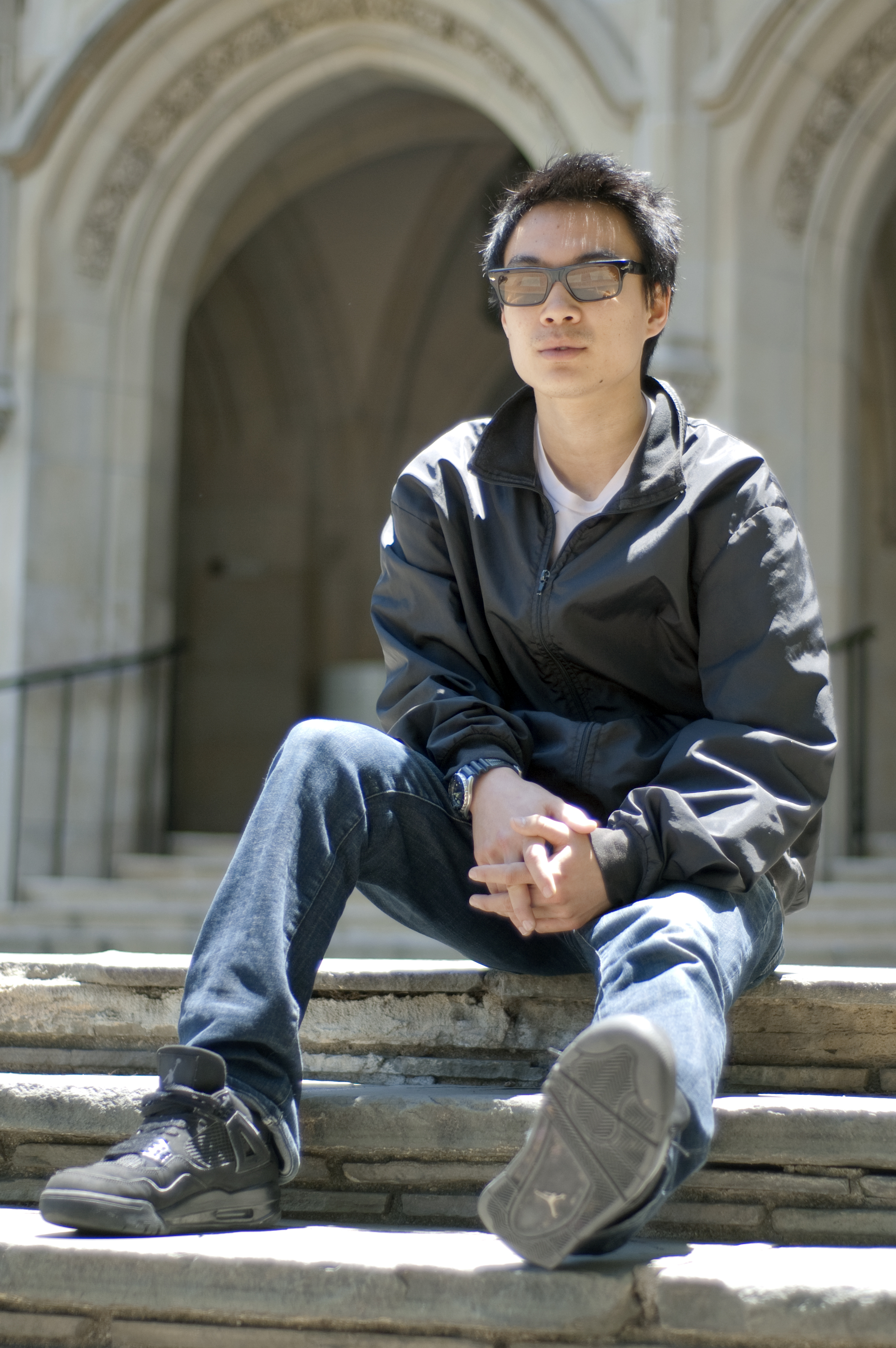Generally, a band’s story of being booed on stage would be understood as an unflattering anecdote. But for the electronic band Hot Club, the night it was booed at Club 215 for refusing to play hip-hop music serves as a testament to the band’s devotion to Hot Club’s techno sound.
On Friday, Hot Club will continue to share their experimental electronic music at lifestyle boutique Black Market on Sawtelle Avenue from 7 to 11 p.m. where it will release its fourth techno-inspired mixtape. The event will also feature pop culture artist Mike Reese.
“We’re going about this (making music) in a naive way. We’re playing with the whole form of industry,” said Roy Sugihara, a second-year English student and Hot Club band member.
Hot Club, a L.A.-based band, derives only one of its members from the UCLA student body.
Sugihara is the only UCLA student in the band. Its other members, all L.A. natives, include Giancarlo Fisco, Esteban Gonzalez and Vince Molo.
The group met through an argument about Chamillionaire while riding a bus to Venice Beach. The conversation expanded to discussing music in general and then to playing music together.
Hot Club, which was founded by the four a year ago, has an electronic sound that emerges from new equipment including a mixture of drum patterns from a Roland TR-707 drum machine, compression effects and guitar turntables.
Hot Club’s official manager, Chris X, a friend of the band, said he promotes Hot Club’s name by sending tapes to producers of underground events.
Sugihara said the band prefers to play at informal venues, which allows the band greater freedom in the songs they play.
These venues include bars, private houses, underground events, downtown art galleries, warehouse gigs and Black Market, a boutique that hosts art exhibits and promotes new artists.
“Past artists (who have been featured at Black Market) have become famous (like) Wil Lin, Audrey Kawasaki,” said Kandice Che, a fourth-year English and political science student and former employee of Black Market.
She also acts as the unofficial manager of Hot Club and communicates with other managers.
“In the past, some of the acts at Black Market have catered to more mainstream music. Hot Club is a different sound. They don’t care about what’s hip,” Che said.
Even though this disregard for audiences has hurt them during past performances, it has not stopped them from planning their future: increasing work flow and eventually playing at Coachella 2012 and the Sahara Tent.
“This is a career. We’ve already booked South by Southwest. We sent them Hot Tapes 1 through 3, and they’re really open to new sounds, which is what we are,” Sugihara said.
Although the band isn’t well known, Margarita Rozenbaoum, a fourth-year Latin American studies student and friend of the band, said that she enjoys the band because of its distinctness.
“They have a new sound. They don’t sound like anyone else. A lot of people can say that, but I think what really attracts me to them is that they don’t take themselves that seriously. They have fun with their sound,” said Rozenbaoum.
Sugihara said the band’s experimentation with sound adds to the performances and the unpredictability they use in constructing their songs.
“We like to manipulate the sound with different time signatures. We’re constructing songs in different structures. It’s really like you have to follow (the song) the entire way through,” Sugihara said.
Sugihara said that Hot Club is a testament to the power of the individual in a rapidly digitalizing world of music and the ability of new bands to transcend musical conventions.
“You just listen to things that come out like dubstep, and automatically there’s a form that manifests itself as a certain genre. New music that comes out can either conform to it or break out from it; and we don’t conform,” Sugihara said.
